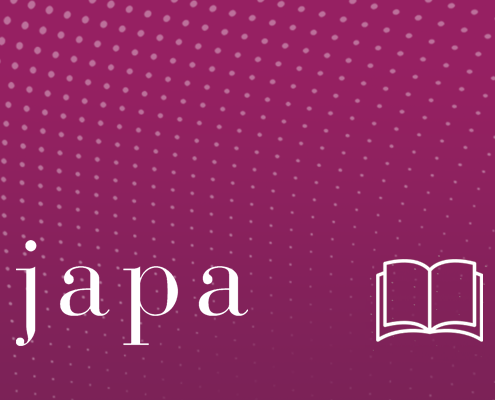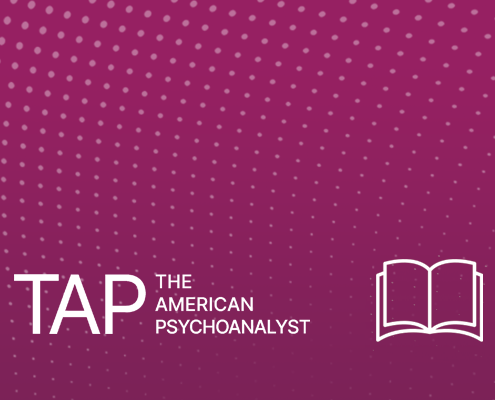Connections and Conversation is a free monthly Zoom meeting. The core thesis, threading through several publications is that if contemporary psychoanalysis aspires to contribute to addressing our socio-political and ecological challenges, we must develop an enlarged repertoire of theory and practice. The distinguished Harvard Law School Professor, Lawrence Lessig has eloquently argued that repairing our dysfunctional democratic project is the “first problem” that must be fixed if there is to be any hope in effectively addressing all the other problems. I’ve developed the conviction that unless we co-create inclusive democratic processes and structures that authentically facilitate a citizenship which is engaged, informed, imaginatively deliberating together about the existential challenges we face, and having a meaningful impact on political decision-making—we will remain stuck in systemic dysfunction. However, I do believe (aligned with Kohut’s call for psychoanalysts to reflect on their group dynamics) that psychoanalysis has in fact, over the course of its long history and multiple streams, generated both theory and practice which has great promise for a socio-political contribution. In our conversation, I will outline some of the pieces of an emergent socio-centric psychoanalysis and suggest an emergent path forward: Community Psychoanalysis; the Psycho-social Unconscious Citizenship Dream Group process; Social Dreaming integrated with Deliberative Democracy.
The “Community Psychoanalysis” paradigm proposes an integrative path forward with which psychoanalysis can contribute robustly to multidisciplinary strategies to addressing the multivalent “wicked problems”, which are challenging our institute, regional, national, and global communities.
“Wicked problems” have no definitive formulation: these are problems which in a seemingly infinite regress are symptoms of other problems; problems which involve multiple stakeholders who like the proverbial blind men and the elephant have divergent and often incommensurable perceptions of the problem and its causes; problems which generate attempted solutions which in turn generate unintended consequences and new problems; problems with no objective right or wrong, requiring reliance on human judgment, subjectivity, and collective wisdom.




